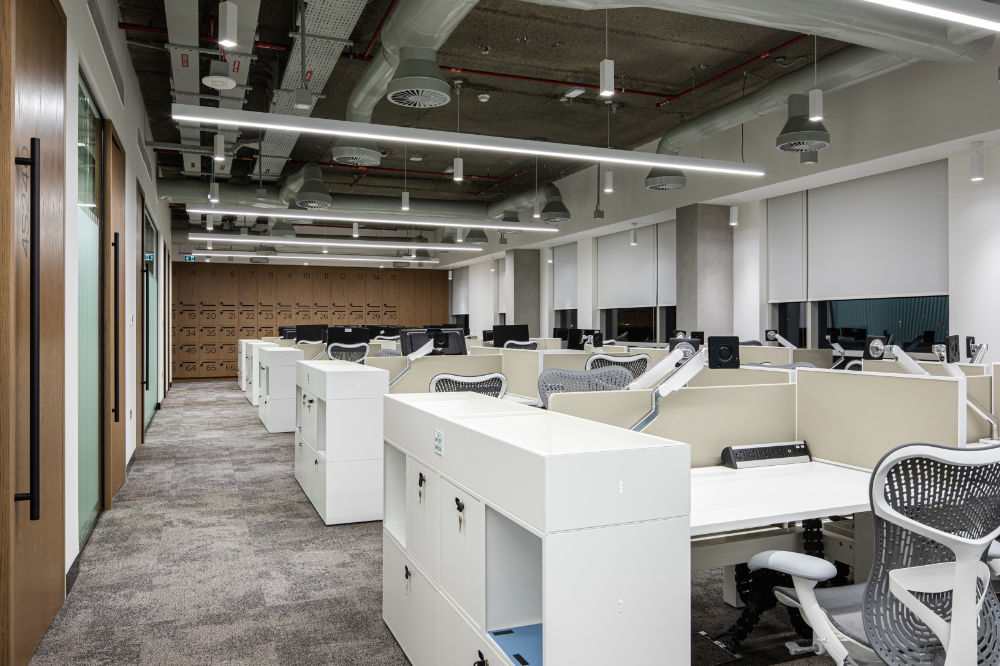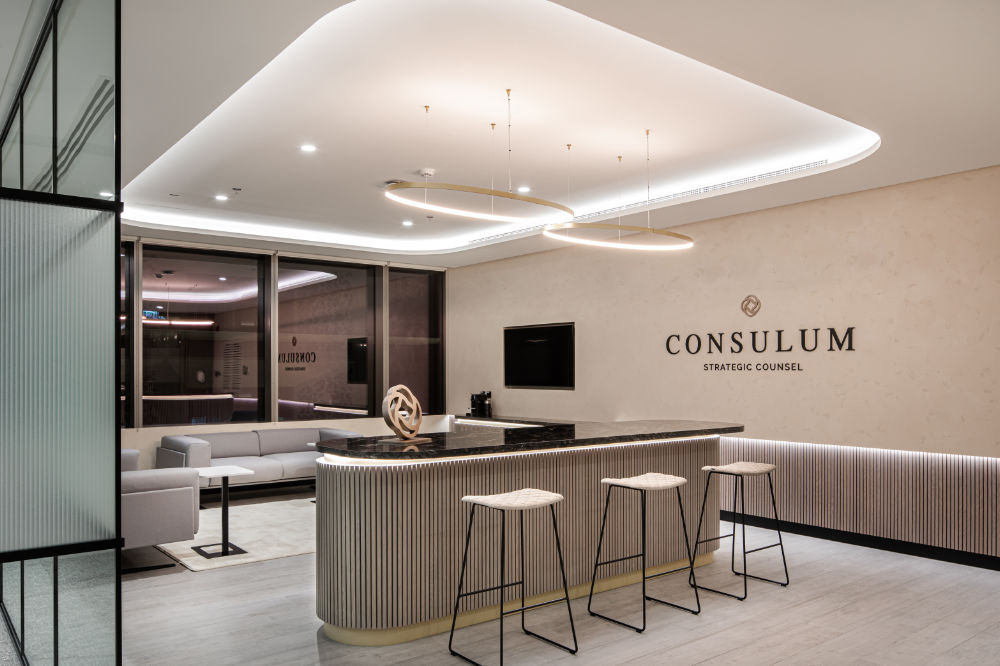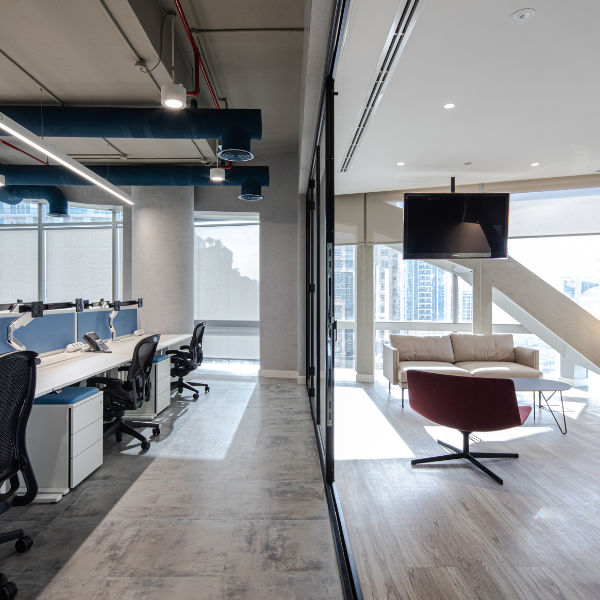Over the past few years, smart offices have taken workplace designs by storm, and with the pandemic, its integration has only sped up. For those unfamiliar with the concept, a smart office is a workplace that integrates technology that uses analytics and simplifies processes that connect individuals within the workplace and improves the quality of their offerings. It is used to enable overall connectivity and collaboration between in-office employees and remote individuals and teams.
The overall aim of a smart office is to allow employees to work better and faster by reducing the overall time taken for a task. This will enable them to focus on other tasks and innovations, ultimately improving the overall productivity of an office space. Companies have used the concept of smart offices to reimagine the workplace, enhancing the employee experience and providing them with tools to help them achieve efficiency in their tasks. In this article, we explore the overarching benefits of smart offices and how it positively impacts a business in both the short and long run.
1. Improved Productivity
It’s no secret that simplifying tasks and enabling access to more resources is one of the main reasons why companies choose to transform into a smart space. By automating mundane processes, smart offices successfully free up employee time, enabling them to work on high priority tasks rather than menial ones. Moreover, employees are more likely to finish their tasks at a quicker pace, increasing the overall productivity and output within the work place. Smart offices help businesses utilize the best technology available, increasing the overall employee output and business growth. Smart offices provide employees and businesses with the leverage they need to create insightful information through the analytical nature of smart spaces and run operations smoothly.
2. Improved Communication
Effective communication is one of the secrets to entrepreneurial and employee-based success. Poor office relations often stem from the lack of communication and understanding between employees and departments. Smart offices, with effective interior design features, integrate communication tools that make collaboration, chatting, and file-sharing easier and more effective. Conference calls, team meetings, and day to day discussions can be done effectively even if employees are working remotely with the help of smart office integrations.

3. Improved Time Management
Smart offices simplify the process of managing and scheduling tasks for employees. Technologically enhanced automated systems and devices allows for employees to focus on priority tasks and schedule the time needed for the task accurately. Time management is a crucial facet that determines the long-term success of a business. Incorporating hi-tech devices and applications helps businesses and employees make better and informed decisions with regard to time allocations and planning. Effective scheduling can help a business allocate the needed resources in terms of manpower, so that deadlines are met on time and unnecessary delays can be avoided.
4. Improved Employee Retention
Smart offices help businesses establish a positive work environment that motivates employees and improves overall morale. By using technology, companies can connect better with employees on an individual and team level, giving them a sense of belonging and allocating the needed resources with ease. Smart offices help businesses improve their communication as well as interactions with employees, and helps them understand employee needs and eases the process of addressing bottlenecks in an effective manner. It also allows for streamlined collaboration with other departments, enhancing a good work culture and promoting harmony within the various facets of the business. The connection smart office interior design Dubai provide creates a positive impact on employees and can lead to lower employee turnover rates.


5. Workplace Analytics
Workplace analytics is by far one of the most important factors that have contributed to the success of smart offices across the world. Smart office technology usually provides extensive analytical reports that enable businesses to analyze how the office is being utilized, how time is being managed, employee attendance and performance, and much more. Analytics allows businesses to optimize business operations in all aspects of interior fit out, productivity, and communication.
Transitioning into a smart office is becoming a necessity in a world where work from home set-ups have become the norm. Moreover, it has proven to be even more effective for employees working at the office due to the overall convenience and safety it provid

